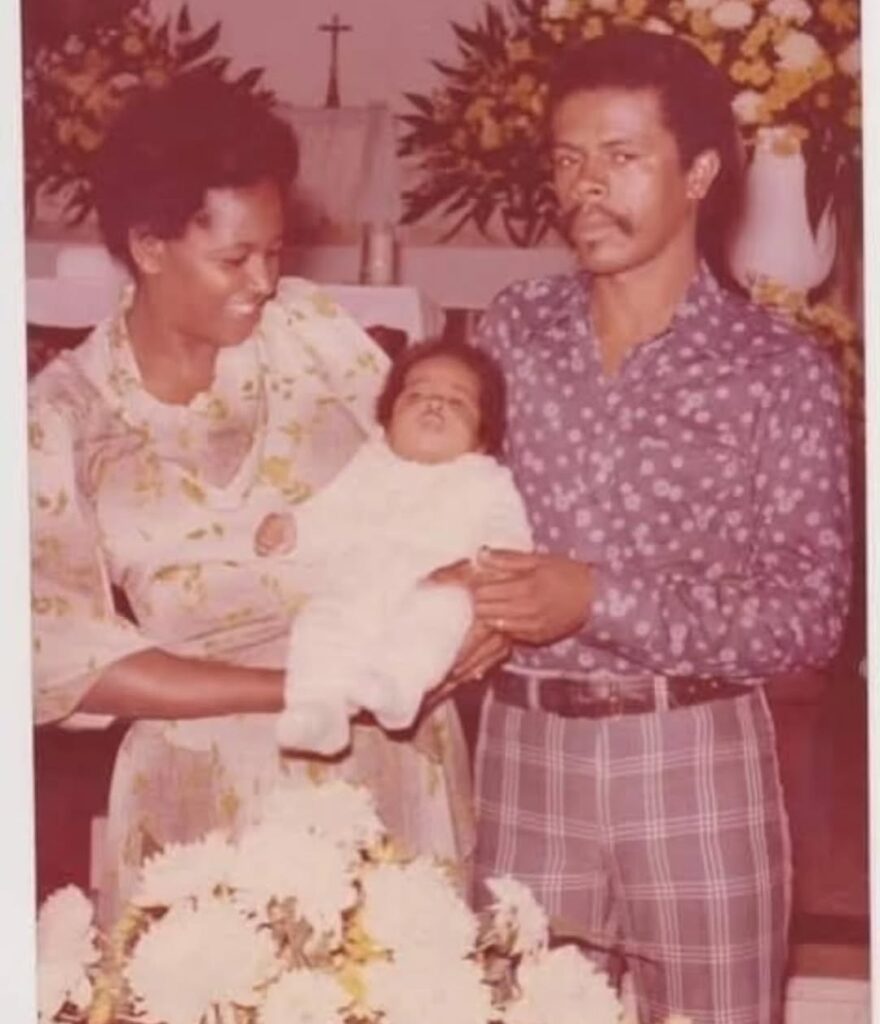
“Dad, I’m here”: One Month into MIT, Djamila Ribeiro Reflects on Anti-Racist Legacy and the Power of Memory
*Content translated with artificial intelligence*
Memory is a territory of affection, but it is also a political battlefield. For Djamila Ribeiro, October 25th unites these two dimensions in a striking way. The date, which this year marked one month of her journey as a visiting professor at the prestigious Massachusetts Institute of Technology (MIT) in the United States, coincides with the day her father, “Seu Joaquim,” would have turned 76. In a post laden with emotion, the writer and professor revisited the seeds he planted long ago, which are now flourishing in one of the most important academic centers in the world.
“Dad, despite all the battles and the pain, I’m here,” she wrote. The sentence encapsulates the confluence of an individual achievement with a collective and family legacy. Joaquim, a dockworker at the Port of Santos, passed away early at age 52, but he left behind a legacy built on daily struggle and the awareness that education was the main tool for his children’s emancipation in a structurally racist country. “I break my back carrying sacks of sugar so that my children can study,” Djamila recalls, highlighting her father’s clear and direct philosophy, forged in manual labor and activism. This vision was not just a wish, but a political project.
At a time when gender distinctions still dictated the course of family education, Seu Joaquim was adamant about offering the same opportunities to his sons and daughters. The foundation Djamila gained was built there:
“He paid for seven years of English classes, from when I was 10 until I was 17. Without that foundation, I wouldn’t be able to be here today, teaching in this language. Seven years of English classes paid for with the sweat of a laborer who could see the future. The same goes for chess lessons, a gesture that affirmed the right to culture and intellectual development beyond what society reserved for Black children,” the philosopher remembers.
The most profound lessons, however, came as maxims that became life’s compasses: “This country is racist, you all need to study!” and “I don’t want my daughters depending on a man; study and work!” These phrases, heard repeatedly throughout her childhood, now echo in the concepts Djamila popularized in works like O que é Lugar de Fala? (What is Place of Speech?) and Pequeno Manual Antirracista (A Short Anti-Racist Handbook).
Her father, a Black movement and union activist, taught in practice what his daughter would theorize years later: that racial consciousness is inseparable from the fight for autonomy, and that emancipation is necessarily achieved through knowledge and independence.
Djamila’s presence at MIT, therefore, transcends personal accomplishment. It represents the materialization of an intergenerational anti-racist project. It is a daughter’s response to a father who, despite his own contradictions, knew how to be present and visionary. By celebrating his memory, the philosopher not only honors the past but reaffirms it as a force that drives the present. And as she herself says in her post:
“I continue on, celebrating his memory, pruning what needs to be cut from our lineage and honoring what needs to remain. What remains is the certainty that the occupation of spaces of power and knowledge by Black bodies is no accident, but the result of battles fought long before—on the docks, in the unions, in life.”
“We are here,” Djamila concludes, underscoring her journey as a collective act. Seu Joaquim, somehow, always knew. And his worldview, sown in Santos, now reverberates in the classrooms of Cambridge, proving that ancestral memory is, and always will be, a project for the future.
Related articles
Djamila Ribeiro Authors Foreword for “The Power of My Hands” Exhibition, Celebrating the 2025 France-Brazil Season
Djamila Ribeiro Celebrates One-Year Anniversary of “Where We Stand”
Djamila Ribeiro releases the new book ‘Travessias’ in Portugal